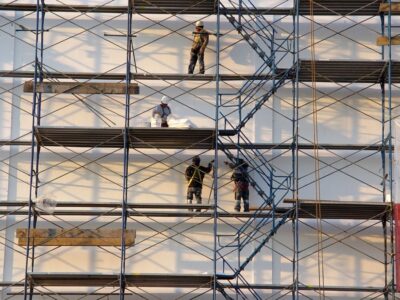Wildfire season is coming up in California. This means a good paycheck for you, and fighting fires provides a physical challenge you enjoy. You can also gain satisfaction saving buildings, wildlife and scenery from destruction. However, as our team at the Law Offices of Hussain & Gutierrez is aware, your job is also a dangerous one. You can face immediate injuries on the job as well as long-term illnesses resulting from inhaling toxic particles in the smoke.
Wildfire Today explains that after serving just 10 years on a project fire crew, firefighters are 22 to 24 percent more likely to die from ischemic heart disease, cardiovascular disease or lung cancer than before they began fighting fires. After fighting wildfires for 15 to 20 years, your risk of dying from these diseases or other complications increases even more. The smoke from brush, forest and structural fires contains toxic chemicals and particles, including sulfur dioxide, carbon monoxide, benzine and crystalline silica, as well as particulate matter.
After spending a significant time fighting fires, your symptoms resulting from toxins in smoke can range from confusion and memory loss to breathing difficulties, loss of cognitive abilities and irritation of the skin, eyes and respiratory tract. Over time, you may develop numerous types of lung diseases or cancers.
One of the most important ways to avoid these devastating consequences when fighting wildfires is to rotate your shift out of smoke-heavy areas or limit the length of your shift. You should also regularly update your training and understanding of safety procedures and the use of protective equipment. Our page on hazardous jobs explains about your workers’ compensation rights.



